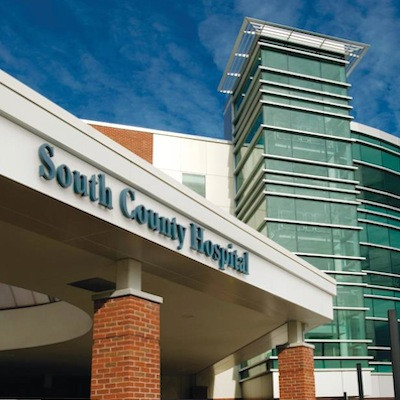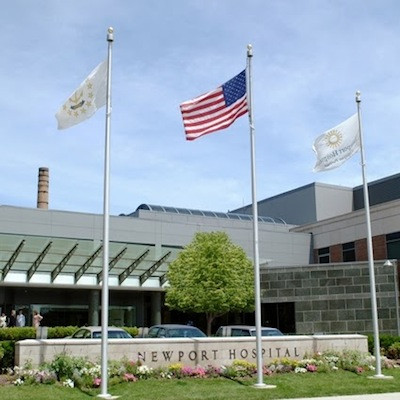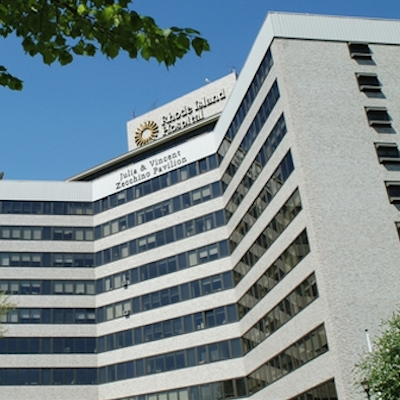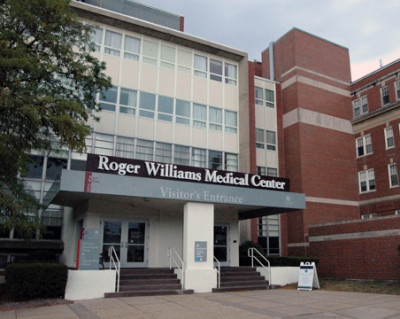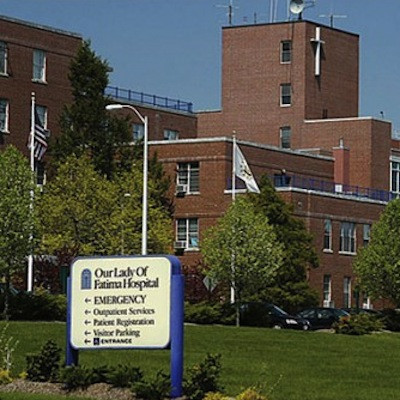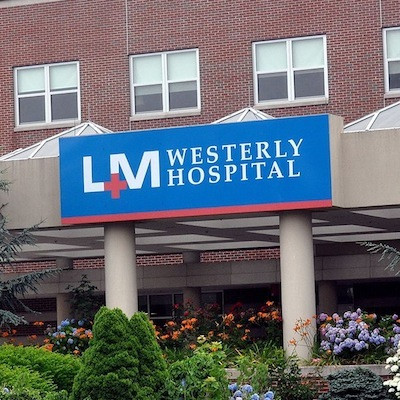Healthy Living: GERD Awareness Week- November 24-30
Friday, November 22, 2013
Thanksgiving is a time for family and friends to gather, give thanks and enjoy a delicious and abundant feast. However, with the festivities, it can be easy to overindulge and subsequently, for many, to experience heartburn.
Occasional heartburn does not typically cause major concern, as millions of Americans experience it at some point in their lives. However, persistent heartburn which occurs two or more times a week should not be taken lightly, as it could be a sign of chronic acid reflux or Gastroesophageal Reflux Disease, or more commonly known as GERD.
The United States National Library of Medicine defines GERD as “a condition in which the stomach contents leak backwards from the stomach into the esophagus.” This occurs when the lower esophageal sphincter, the muscle between the esophagus and stomach, becomes damaged or weakened.
If not properly treated, long-term sufferers of GERD can develop serious medical conditions which include chronic cough or hoarseness, esophagitis, bleeding, scarring or ulcers of the esophagus and Barrett’s esophagus, an abnormal change in the lining of the esophagus that can potentially raise the risk of developing esophageal cancer.
While esophageal cancer only makes up 2% of all cancer deaths in the United States, it has increased over 400% in the past 20 years and is one of the most lethal types of cancers; Stage IV has a daunting survival rate of only 5%. When caught in the early stages, patients have a higher rate of survival, as there are more treatment options available.
GET THE LATEST BREAKING NEWS HERE -- SIGN UP FOR GOLOCAL FREE DAILY EBLAST
Unfortunately, many chronic heartburn suffers are not aware of these risks and try to self-medicate with acid-reducing antacids or over-the-counter medications. Stronger medications, H2 blockers and proton-pump inhibitors (PPIs), require a prescription. Reports have shown over 113 million PPI prescriptions are filled every year and cost up to $14 billion
annually. However, many who take these acid reducing medications still continue to have symptoms. Perhaps this is because these medications do not strengthen the lower esophageal sphincter.
While PPIs are recommended to be taken no longer than 8 to 12 weeks, many take them far longer. This is especially dangerous, considering the long-term use of PPIs can make it difficult to absorb nutrients such as calcium, which can increase the risk of bone fractures, iron, which can lead to anemia and Vitamin B12, which for women especially can cause more concerns for osteoporosis. Other reported long-term effects include infections and pneumonias.
Some lifestyle changes that can help to manage GERD symptoms include avoid eating at least three hours before bed, stay upright after meals, losing weight, moderate exercise and avoiding certain foods that trigger your symptoms. Surgery may be an option for those whose GERD symptoms continue or worsen.
Linda Molfesi, President of The Salgi Esophageal Cancer Research Foundation, whose father suffered from chronic acid reflux for years and passed away from esophageal cancer says “If you have frequent heartburn, don’t ignore it or just take a pill. Talk to your doctor about all of your options.”
Related Slideshow: Check Out The Grades: Rhode Island Hospitals Report Card
A recent survey released by The Leapfrog Group assigns a Hospital Safety Score, using the report card system of A to F to each of the hospitals in Rhode Island. These grades are based on expert analysis of injuries, infections and errors that cause harm or death during a hospital stay.
Let's see how each of Rhode Island's hospitals were graded from highest to lowest:
Related Articles
- NEW: HealthSource RI Reports 4,642 Processed Applications to Date
- Breaking and Entering Doc Holding Marijuana Suspended by RI HEALTH
- Fit For Life: 4 Ways To Get Healthier For Free
- HEALTH + RI Cities and Towns Team Up To Offer No-Cost Vaccinations
- Lisa Blais: Who Will Actually Benefit From RI’s Health Exchange?



